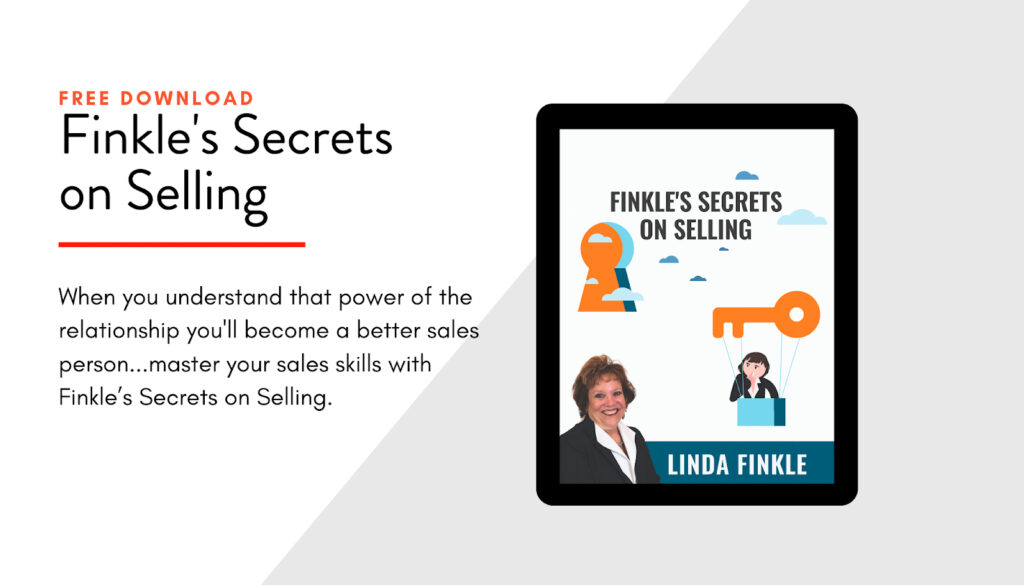You don’t know it yet, but in the next 7 minutes you’ll discover why you’re not selling as much as you thought.
A few months ago, I met this woman at a party who kept talking about her new exercise plan—to do Bikram Yoga 3 times a week. It was nothing ground breaking but her enthusiasm was contagious.
A few weeks later, I ran into this woman at a café, so we chatted and I asked how she’s doing at Bikram Yoga.
Surprise, surprise, she never went.
“I have too much work…”
“I have to take the kids to school”
“I needed to go to the dentist”
Her excuses went on and on.
So I asked her, “Why not go just once a week?”
Her response shocked and amused me, “What’s that gonna do? Once a week is like not going at all”
So for her, planning to attend yoga class three times a week is better than ACTUALLY doing it once a week.
What does this have to do with selling? A lot. I think many of us, at some point, are like her.
Imagining, planning, preparing—doing everything besides the actual selling.
It may not be obvious to you, but there are certain things you do or say that’s actually just a delaying tactic.
4 Mental Traps that Sabotage Everyone that’s Ever Sold a Product or Service
“I need to do more research…”
This applies to many things, like researching a prospect, market or competitor. The common thinking is, that knowledge is power, but in most cases, you already have the information you need. You’re just using this excuse to avoid uncomfortable tasks: like picking up the phone to call a prospect or sending out that sales pitch.
To avoid this, narrow down the information you need to 3 critical items. Research the information and then proceed to the next step—call a prospect, send a pitch/bid or schedule an appointment. If it turns out you actually need more information, at least now you’ll know exactly what to look for.
Train yourself to be aware of this trap by periodically asking yourself, “What am I avoiding by doing this?”
“How much does it cost for ___________?”
You’re talking to a prospect, reciting a perfectly crafted speech about your products and services, when all of a sudden, he interrupts you.
“How much does it cost?”
Cue the panicking and extreme sweating. Newsflash people, you don’t have to give a quote right away! And as much as I hate to say it, this question isn’t always a buying signal.
Telling prospects how much a product or service costs before analyzing their needs and goals is a big no-no, because then you can’t assess if they have anything to gain by doing business with you. After quoting a price, they can just dismiss you by saying it’s too expensive. Then what?
Ask prospects about their problems, goals, and motivations then tie it with your offer. Doing this before giving a quote gives you leverage because this information can be used as a rebuttal to justify the cost of your offer.
What if they say, “Just give me an estimate…”
Don’t give in! Subtly evade the question by saying, “I’m sure we can agree on a price that’s fair to both of us later on. Right now, I just want to see if we have a good fit.” This gives the impression that you’re not just after a sale—and that you don’t work with just about anyone.
“That’s already been done…”
How many times have you come up with an idea for a product or service, got excited, then suddenly realized… “Oops, someone beat me to it.”
Just because someone’s already doing it doesn’t mean you can’t do it, too. This applies to everything from a business idea to a marketing idea.
A market already teeming with competitors is a profitable market.
Don’t let the existing competitors intimidate you. You can win over lots of customers if you find a way to do things better or different than your competitors. Give better service, reach out to a high-end market, go local, and offer different incentives—price isn’t the only factor that can set you apart.
“I’ll do it tomorrow”
This could mean “I’ll call them tomorrow”, I’ll email them tomorrow,” I’ll follow-up tomorrow” or any manner of excuses. And we all know what this means, right?
Tomorrow= never.
Do it now.
Don’t let these mental traps stop you from making a sale. I know a few of them are hard to overcome at first, but it’ll get easier with practice.
To do today:
1. What other excuses do you use to avoid selling?
2. Evaluate your immediate response when someone asks a quote right off the bat. Do you panic? What do you normally say?
Want More Selling Tips?
I have created a list of my top tips that I have personally used over and over again to become a top salesperson.






